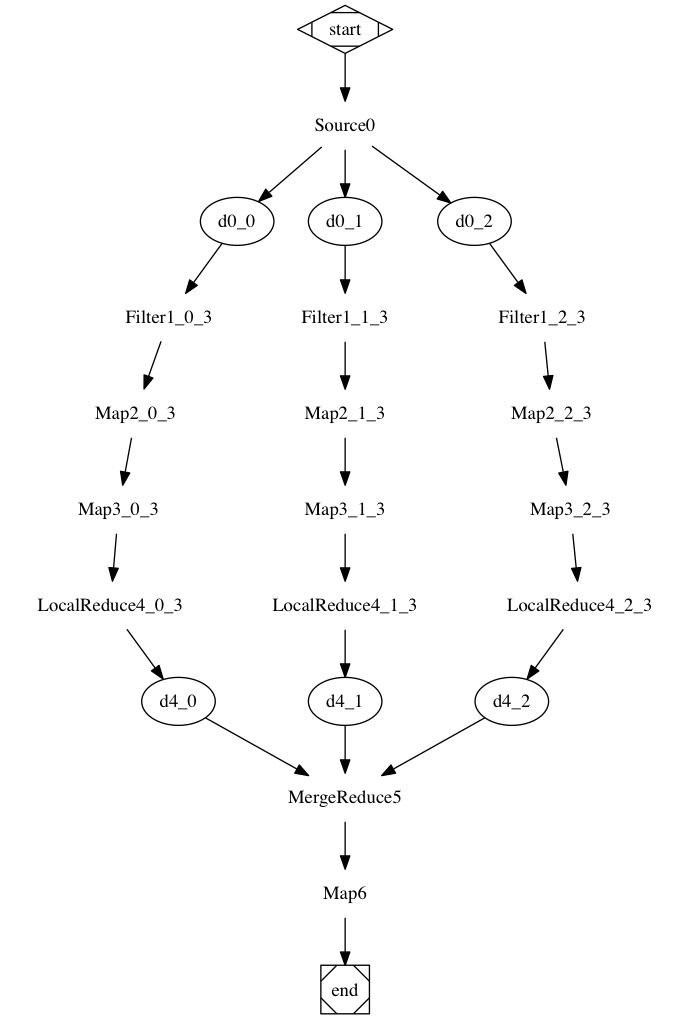Golimit A Distributed Rate limiter
Golimit is Uber ringpop based distributed and decentralized rate limiter. It is horizontally scalable and is based on shared nothing architecture. Every node in system is capable of handling read and writes of counters. It is designed to offer sub milliseconds latency to caller application. Recommended deployment topology is sidecar model. Every golimit node keeps local and global counter for api counter and local value is synchronized with other nodes on configurable periodic interval or at defined threshold.
Architecture
Http server provides http interface to increment counter against any arbitrary Key string. It also exposes admin api to manage global configurations.
Store encapsulates the data structure and functions to store, manage and replicate counters. Counter synchronisation is done in asynchronous way so the caller application is never blocked for cluster sync. Synchronizer module keeps aggregating counters in memory and broadcast to other nodes on periodic intervals or when the counter has crossed threshold. the interval and threshold are configurable.
StatsD Emitter pushes metrics to configured statsd server.
Deployment
Suggested deployment model is to have golimit installed as sidecar. This will ensure application latency to sub milliseconds level. For Go applications golimit can be directly integrated as a module, the way of using golimit as module is explained later in document. Using as module takes away the pain of deployment and maintenance.
Installation
-
Build
$ GOOS=linux GOARCH=amd64 go build //Linux $ GOOS=darwin GOARCH=amd64 go build //OSX $ GOOS=windows GOARCH=amd64 go build //Windows -
Configure
Yml config
clustername: MyGolimitCluster # Cluster Name tchannelport: 2345 # Ringpop T Channel Port seed: "127.0.0.1:2345" # Seed node of cluster unsyncedctrlimit: 5 # Unsynced counter limit unsyncedtimelimit: 60000 # unsynced timeout in ms httpport: 8080 # Http server port statsdenabled: true # Enable statsd statsdhostport: "metrics.xyz.com:80" # statsd host port statsdsamplerate: 1 # Statsd sampling rate apisecret: alpha # secret key to use admin apis hostname: "127.0.0.1" unixsocketenable: true #enables unix socket, #gives nearly 2x better performance in response time #when enabled tcp port config will be ignored and disabled unixsocket: /tmp/golimit.sock #unix socket file location
Note: Ensure the seed node is always reachable.
-
Run
$ ./golimitV3 --config=./golimitconfig.yml -
Use from Http Apis
Param Description K Key a string, against this the counters are calculated C Count in number, numbers to increment in one api call, defaults to 1 W Window in seconds, time window for which provided threshold is applicable T Threshold in number P PeakAveraged 0 or 1, if P=1 the provided rate limit is transposed to per second limit and then applied -
INCR Request
Application passes Key threshold and window and reply is block or not. This rate limiting is application driven as application has to pass all rate configuration in every call In following example second curl within 10 seconds gives back blocked =true
$ curl -X POST "http://localhost:8080/incr?K=abc&T=1&W=10" {"Block":false} $ curl -X POST "http://localhost:8080/incr?K=abc&T=1&W=10" {"Block":true} -
Create/Update global rate configuration, this is for rate limiting which is golimit cluster driven
$ curl -X PUT "http://localhost:8080/rate" -d '{"Window":60,"Limit":5,"Key":"a","PeakAveraged":false}' -H "apisecret: alpha" {"Success":true} $ curl -X POST "http://localhost:8080/ratelimit?K=a" {"Block":false} # after 5 times # {"Block":true} -
Ratelimit Request
$ curl -X POST "http://localhost:8080/ratelimit?K=a" {"Block":false} -
Get All defined Rate Config
$ curl "http://localhost:8080/rateall" {"a":{"Window":60,"Limit":5,"PeakAveraged":false}} -
Get a specific Rate Config
$ curl "http://localhost:8080/rate?K=a" {"Window":60,"Limit":5,"PeakAveraged":false}% -
Get Cluster Info
$ curl "http://localhost:8080/clusterinfo" {"Whoami":"127.0.0.1:2345","Ready":true,"Uptime":9223372036854775807,"Members":["127.0.0.1:2345"]}
-
-
Use as Go module
If application is in golang, golimit can be used as module directly instead of deploying as separate process.
To install library:
go get github.com/myntra/golimitpackage main import ("github.com/myntra/golimit/store") func main() { //Instantiate Store object, Use single store instance in one application store := store.NewStore() blocked := store.Incr("key", 1, 1000, 60, true) // Increment api if (blocked) { //Blocked } //Ensure Store is closed on program exit store.Close() }










